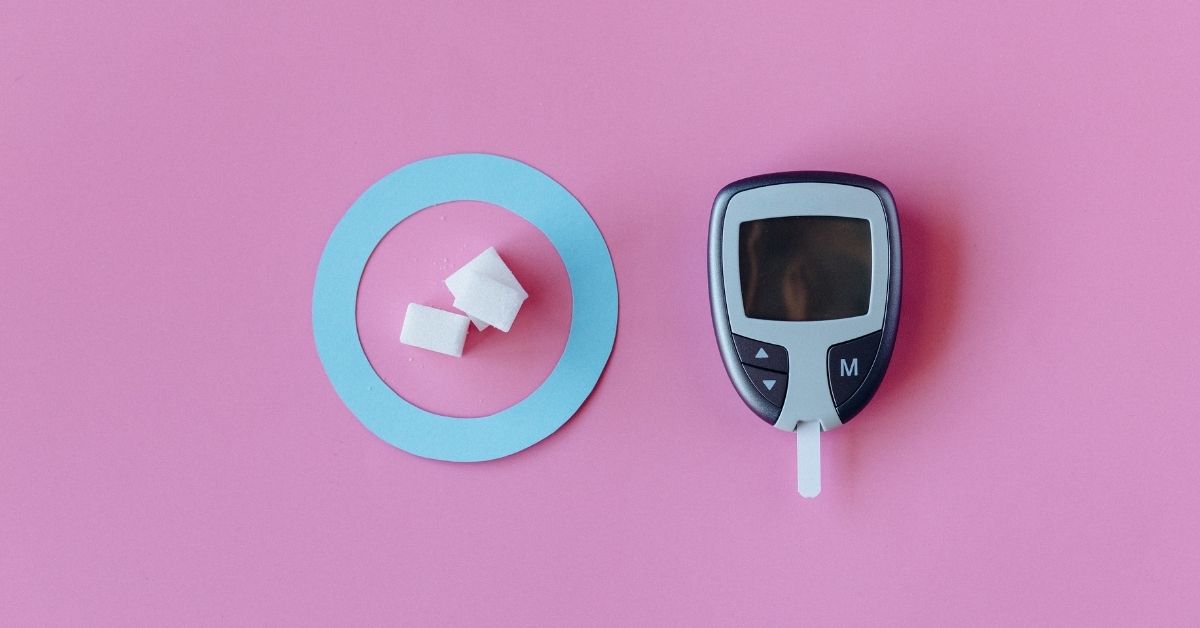|
High levels of insulin impact our reproductive health, and the success of fertility treatment. With high insulin levels, there may be reductions in implantation and pregnancy continuation. Read on to find out why insulin levels may be high, how this reduces pregnancy success, and strategies to improve regulation of insulin. What is Insulin?Insulin is a hormone made by our pancreas that helps us transport sugars (glucose) from food into our cells for energy. Without enough insulin circulating, blood glucose levels can rise and this poses a health risk. While our pancreas might work well to make insulin, there are conditions that lead to our body becoming less responsive to insulin. While insulin levels rise to help get energy (glucose) to our cells, our cells may have stopped responding as they normally would, leading to insulin resistance. Contributors to insulin resistance, or this loss of sensitivity to insulin, include:
What are the Impacts of Insulin Resistance?Insulin resistance can lead to type 2 diabetes and this metabolic disruption is also seen in PCOS. In women with PCOS and insulin resistance, implantation (11·6% vs 28·7%), clinical pregnancy (23·5% vs 53·1%), and ongoing pregnancy rates (21·6% vs 46·9%) are reduced when compared to women that have PCOS but do not experience insulin resistance [1]. Even without diabetes or PCOS, women with recurrent pregnancy loss (2 losses before 20 weeks) have been shown to have higher fasting insulin levels (15.24 mIU/L versus 12.83 mIU/L) [2]. Exploring high insulin levels (hyperinsulineamia) and insulin resistance involves diving a bit deeper than a one-off insulin measurement. Insulin levels need to be interpreted in combination with glucose values, and this is something your GP or endocrinologist would assist with. For now though, let’s take a look at the impacts of insulin resistance on achieving pregnancy and healthy pregnancy progression. The Window of ImplantationThere is a rather short time frame, around 24 hours, when our uterus expresses receptors indicating it is receptive and possible ready for an embryo to implant. The genes expressed in our endometrium change across the proliferative, pre-receptive, receptive and post-receptive stages. Genes related to adhesion, cell differentiation and metabolism (among others) are expressed when our endometrium is receptive. High levels of insulin have an impact upon receptor expression associated with implantation in the uterus. While maturation, fertilisation, cleavage rates, the number of good-quality embryos, and blastocyst formation rates may not be impacted by PCOS and insulin resistance, implantation may be reduced [2]. Even with good quality blastocysts it is important to nurture the ‘home’ that these embryos will be put back into. Studies in mice show that insulin resistance impairs uterine receptivity and impacts pregnancy progression [3]. Other animal models show that insulin resistance leads to an increase in uterine oxidative stress, mitochondrial dysfunction and early pregnancy loss [4]. If changes in how our body responds to insulin can impact pregnancy progression, what can we do about it? Reducing Insulin ResistanceThere are effective strategies that make a significant impact upon how sensitive we are to insulin, to help regulate blood glucose levels. Three key regulators include: 1. Exercise. Insulin sensitivity changes in response to just one bout of exercise! These benefits do dissipate after a few days though, so consistency is key. Incorporating regular physical activity in our life has significant benefits for insulin regulation. In women with PCOS, 12 weeks of increased physical activity upregulates insulin and glucose receptors in the endometrium, creating a receptive uterus. These changes are also positively associated with improvements in menstrual regularity [5]. Getting the right exercise prescription is important and we can determine if moderate or vigorous exercise, or interval training is the best prescription for you. 2. Nurture your Gut Microbes. Disruption in your gut microbiota diversity reduces the production of beneficial short chain fatty acids such as butyrate. This may lead to insulin resistance, linked to chronic low grade inflammation. Diet is one of the most potent modulators of our gut microbes so ensure you are feeding them the foods they love to thrive to benefit your reproductive health. We can help you explore the bacteria that make up your gut microbiome for greater insight into nurturing your fertility. 3. Sleep. Sleep regulates the body’s ability to handle blood sugars by altering insulin levels, and how sensitive our bodies are to insulin. Sleep disruption can have a greater impact on insulin resistance than a high high-fat diet! One week of reducing sleep in healthy males from 10 hours in bed to 5 hours reduces insulin sensitivity by 20%. Going back to Nurturing our Gut Microbes above, a more diverse gut microbiota is positively correlated with increased sleep efficiency and total sleep time, and reduced sleep fragmentation [6]. This means that you get to sleep quicker once your head hits the pillow, you wake less, and that because you are falling asleep quicker for the same time in bed you get more hours sleeping. Get Ready for ImplantationWhile it is important to nurture healthy eggs and sperm, there are ways to support the health of your uterine lining and get ready for implantation! Give yourself every chance of pregnancy success! References
1. Chang, E.M., et al., Insulin resistance does not affect early embryo development but lowers implantation rate in in vitro maturation-in vitro fertilization-embryo transfer cycle. Clin Endocrinol (Oxf), 2013. 79(1): p. 93-9. 2. Ispasoiu, C.A., et al., High fasting insulin levels and insulin resistance may be linked to idiopathic recurrent pregnancy loss: a case-control study. Int J Endocrinol, 2013. 2013: p. 576926. 3. Li, R., et al., Mice endometrium receptivity in early pregnancy is impaired by maternal hyperinsulinemia. Mol Med Rep, 2017. 15(5): p. 2503-2510. 4. Chen, M., et al., Uterine Insulin Sensitivity Defects Induced Embryo Implantation Loss Associated with Mitochondrial Dysfunction-Triggered Oxidative Stress. Oxid Med Cell Longev, 2021. 2021: p. 6655685. 5. Ujvari, D., et al., Lifestyle intervention up-regulates gene and protein levels of molecules involved in insulin signaling in the endometrium of overweight/obese women with polycystic ovary syndrome. Hum Reprod, 2014. 29(7): p. 1526-35. 6. Smith, R.P., et al., Gut microbiome diversity is associated with sleep physiology in humans. PLoS One, 2019. 14(10): p. e0222394. Comments are closed.
|
|
1300 084 694
[email protected] Suite T36, 477 Boundary St Spring Hill, Brisbane QLD 4000 Fax. 07 3540 8164 Copyright © 2022
|



